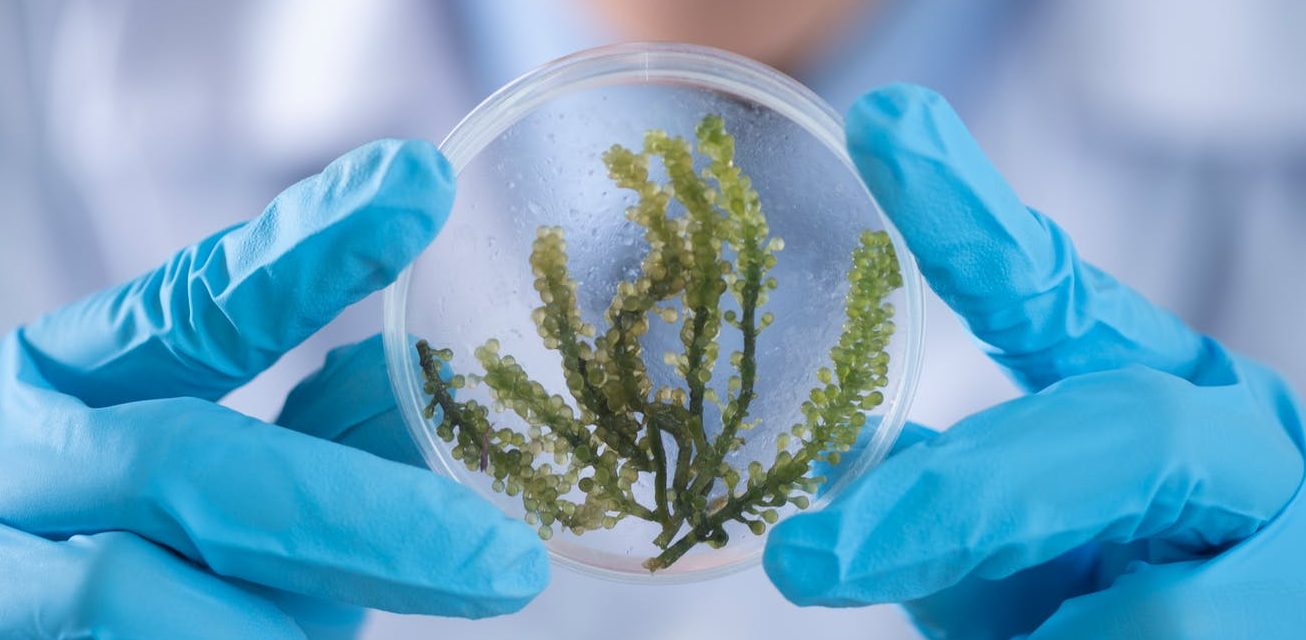Language Download PDF Watch Edit For the US radio station, see Fungus (XM).”Fungi” redirects here. For other uses, see Fungi (disambiguation). A fungus (plural: fungi[2] or funguses[3]) is any member of the group of eukaryotic organisms that includes microorganisms such as yeasts and molds, as well as the more familiar mushrooms. These organisms are classified as a kingdom, which is separate from the other eukaryotic life kingdoms of plants and animals. ScientificContinue reading “Fungus”
Monthly Archives: Jul 2020
Organelle
Organelle Language Download PDF Watch Edit In cell biology, an organelle is a specialized subunit, usually within a cell, that has a specific function. Organelles are either separately enclosed within their own lipid bilayers (also called membrane-bound organelles) or are spatially distinct functional units without a surrounding lipid bilayer (non-membrane bound organelles). Although most organelles are functional units within cells, someContinue reading “Organelle”
Eukaryotes
Eukaryotic cell” redirects here. For the journal, see Eukaryotic Cell (journal). Eukaryotes (/juːˈkærioʊts, -əts/) are organismswhose cells have a nucleus enclosed within a nuclear envelope.[3][4][5] Eukaryotes belong to the domainEukaryota or Eukarya; their name comes from the Greek εὖ (eu, “well” or “good”) and κάρυον (karyon, “nut” or “kernel”).[6] The domain Eukaryota makes up one of the domains of life in the three-domain system; the two other domains are Bacteria and Archaea,[7] which are prokaryotes (cellular organisms without a nucleus).[8] Eukaryotes representContinue reading “Eukaryotes”
Parasitology
Parasitology is the study of parasites, their hosts, and the relationship between them. As a biological discipline, the scope of parasitology is not determined by the organism or environment in question but by their way of life. This means it forms a synthesis of other disciplines, and draws on techniques from fields such as cell biology, bioinformatics, biochemistry, molecular biology, immunology, genetics, evolution and ecology. Fields The studyContinue reading “Parasitology”
Globle transition
Mycology
Mycology is the branch of biology concerned with the study of fungi, including their genetic and biochemical properties, their taxonomy and their use to humans as a source for tinder, traditional medicine, food, and entheogens, as well as their dangers, such as toxicity or infection. A biologist specializing in mycology is called a mycologist. Mycology branches into the field of phytopathology, the study of plant diseases, and the two disciplines remain closely related because the vastContinue reading “Mycology”
Protistology
Protistology is a scientific discipline devoted to the study of protists, a highly diverse group of eukaryoticorganisms. Its field of study overlaps with more traditional disciplines of phycology, mycology, and protozoology, just as protists, which, being a paraphyletic group embrace algae, some organisms regarded previously as primitive fungi, and protozoa(“animal” motile protists lacking chloroplasts HistoryEdit As the term “protozoology” has become dated as our understanding ofContinue reading “Protistology”
